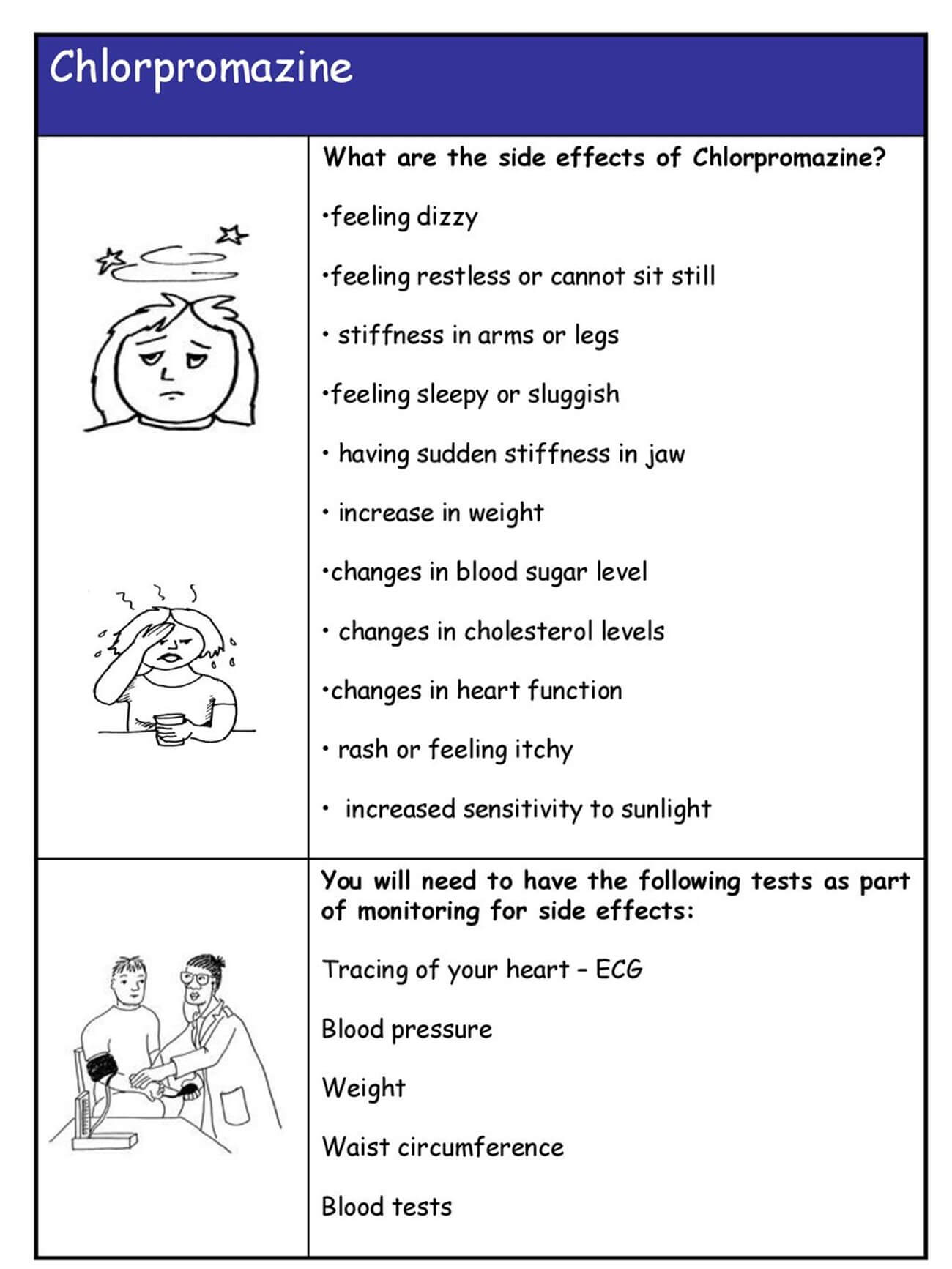A nurse is teaching a newly licensed nurse about appropriate actions to take when a client threatens to harm a specific individual. Which of the following statements by the newly licensed nurse indicates understanding?
“I need to make sure that the potential victim is warned."
"I need to keep the information confidential due to the client's right to privacy."
“I can only discuss the client's threats with a court order."
"I should verbally report this information to the psychiatrist."
The Correct Answer is A
A. "I need to make sure that the potential victim is warned."
Explanation: Correct Answer. When a client threatens to harm a specific individual, it's important to take steps to ensure the safety of both the client and the potential victim. Warning the potential victim or taking appropriate measures to protect them is an important action to take.
B. "I need to keep the information confidential due to the client's right to privacy."
Explanation: While respecting a client's right to privacy is important, when there's a threat of harm to an individual, it becomes a matter of safety that takes precedence over confidentiality.
C. "I can only discuss the client's threats with a court order."
Explanation: This statement is incorrect. When there's a credible threat to harm an individual, waiting for a court order is not an appropriate or timely response. Immediate actions should be taken to ensure safety.
D. "I should verbally report this information to the psychiatrist."
Explanation: While involving the psychiatrist is important for the client's overall care, it's essential to take more immediate steps to ensure the safety of the potential victim, such as notifying the appropriate authorities or taking appropriate precautions.
Nursing Test Bank
Naxlex Comprehensive Predictor Exams
Related Questions
Correct Answer is C
Explanation
A. Discuss the problem in a community meeting with the other clients on the unit present.
While open communication and community meetings can be valuable in certain situations, discussing a client's disruptive behavior in front of others may breach their privacy and dignity. It's important to address such matters privately and respectfully.
B. Escort the client to her room each time the nurse observes the client socializing with other clients.
This action might be seen as overly punitive and restrictive. Isolating the client based on their behavior without addressing the underlying issues doesn't promote a therapeutic approach to the situation.
C. Talk to the client and identify the specific limits that are required of the client's behavior.
This is the correct option. Talking to the client directly allows the nurse to address the behavior, express expectations, and set clear boundaries. This approach promotes open communication and gives the client a chance to understand how their actions are affecting others.
D. Tell the other clients to ignore the client's lies.
While it's important to encourage other clients to manage their reactions to disruptive behavior, simply telling them to ignore lies might not address the root cause of the issue. The nurse should aim to address the behavior itself and create an environment where all clients feel respected and safe.
Correct Answer is A
Explanation
A. "I may have a dry mouth while taking this medication.":
Explanation: Correct Answer. Dry mouth is a common side effect of chlorpromazine, which is a typical antipsychotic medication. This statement indicates that the client understands the potential side effects of the medication.
B. "This medication will help me stop smoking.":
Explanation: This statement is incorrect. Chlorpromazine is not used as a medication to aid in smoking cessation. It is primarily used to treat conditions such as schizophrenia and other psychotic disorders.

C. "I should expect flu-like symptoms while taking this medication.":
Explanation: This statement is incorrect. Flu-like symptoms are not a common side effect of chlorpromazine. Side effects more commonly associated with chlorpromazine include drowsiness, dizziness, and movement-related issues.
D. "This medication may cause me to urinate frequently.":
Explanation: This statement is incorrect. While chlorpromazine can cause various side effects, increased frequency of urination is not one of the typical side effects associated with this medication.
Whether you are a student looking to ace your exams or a practicing nurse seeking to enhance your expertise , our nursing education contents will empower you with the confidence and competence to make a difference in the lives of patients and become a respected leader in the healthcare field.
Visit Naxlex, invest in your future and unlock endless possibilities with our unparalleled nursing education contents today
Report Wrong Answer on the Current Question
Do you disagree with the answer? If yes, what is your expected answer? Explain.
Kindly be descriptive with the issue you are facing.
